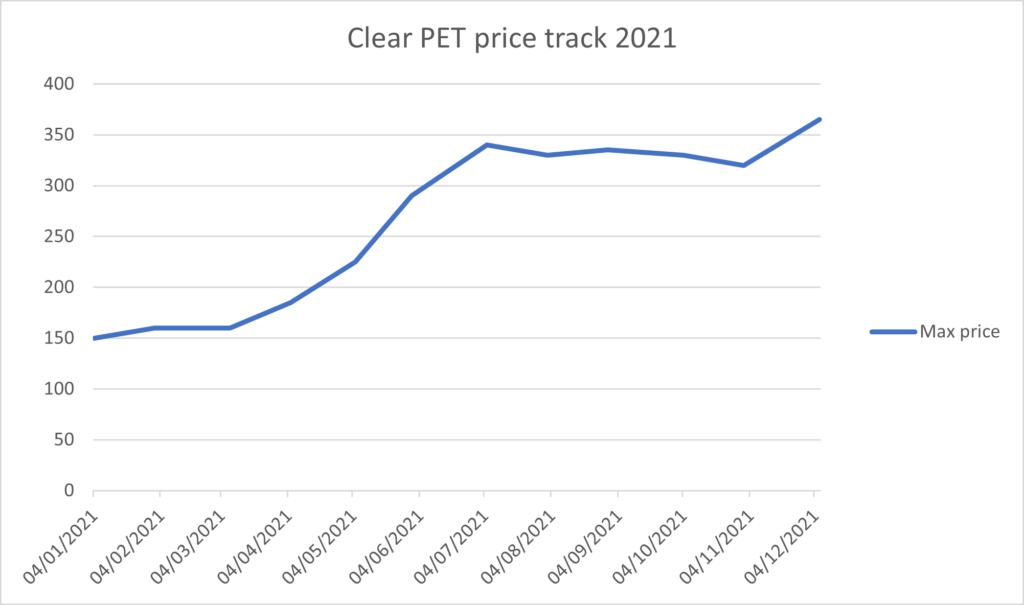
In his latest blog, Recycleye CEO Victor Dewulf shares a call to action for the waste management industry.
With growing waste volumes and challenges in consumer recycling rates across Europe, now is the time for providers to look for any possible ways of increasing efficiency.
The stakes are too high and the possibilities are exciting.
In the UK and EU member states, household waste volumes are rising and recycling rates are stagnant, despite growth in previous years. The latest report from the European Environment Agency states that the EU is not on target to meet its goal of reducing waste generation and that waste generation has not been de-coupled from GDP growth, a primary objective of EU waste and circular economy policies. The report also states that secondary wastes (such as sorting residues) account for nearly half of the increase in waste generation since 2018.
“This suggests that waste management is improving in the EU, but the changes in management practices that generate secondary wastes also need to be managed”
European Environment Agency
New legislation was recently implemented in the UK, with the passing of the Environment Act during the COP26 conference in 2021. This will include EPR for the UK, established across most of Europe already, although global packaging producers such as Coca-Cola, Nestle and Danone have just called for action with regulatory measures that are whole-life, with a legally-binding treaty to address plastic pollution from the UN.
This type of new legislation to support sustainable and increased recycling is positive, but the economic and environmental arguments for recycling are strong enough on their own. Those of us in the waste management sector need to continue sharing consistent messages to convince a sometimes-sceptical public that recycling works; from the reduced energy consumption, (95% less energy is required to make products from recycled materials than from raw materials) to the reduced carbon (recycling 1 tonne of plastic bottles saves 1.5 tonnes of carbon).
As for market conditions, in the UK, prices for aluminium cans have increased by 30% in a year and PET prices have doubled, creating the best-ever market conditions for the collection, sorting and selling of materials for recycling.
Ineffective or non cost-effective sorting means precious materials are lost to landfill, and to ensure that waste can be traded as a true commodity (with consistent quality and grade) needs more better and more efficient technology such as AI and sorting automation.

Once the precious material has been collected, technology plays a key role to ensure it is efficiently sorted, tracked and sold for processing to ensure maximum value is derived for all players:
- Automation technology reduces the need for human operatives; a major Opex cost for a MRF and a key point when labour shortages or staff retention are an issue
- Automated sorting can operate 24/7, (110% more output compared to 16/5 shifts) at rates consistent over time and outputs and quality can be tracked through AI
- Quality can be checked with computer vision, replacing the need for manual QA (saving millions over a MRF’s lifetime)
- Strategic data feeds meaningful dashboards to ensure plant material trends are understood
- AI is ready and able to deal with the expected increase in sampling from legislative change in both the EU and UK.
Many waste management companies worldwide are embracing automation and AI as key tools to drive their efficiency and profitability. At Recycleye, we know the benefits that investing in automation will bring to a MRF.
We also understand that investing in new technology can feel risky, but we have several low risk, and even zero risk options available for waste management companies keen to benefit from intelligent sorting technology.
Get in contact with one of the Recycleye team, or book a free audit today to understand the best options for your material recovery facility.